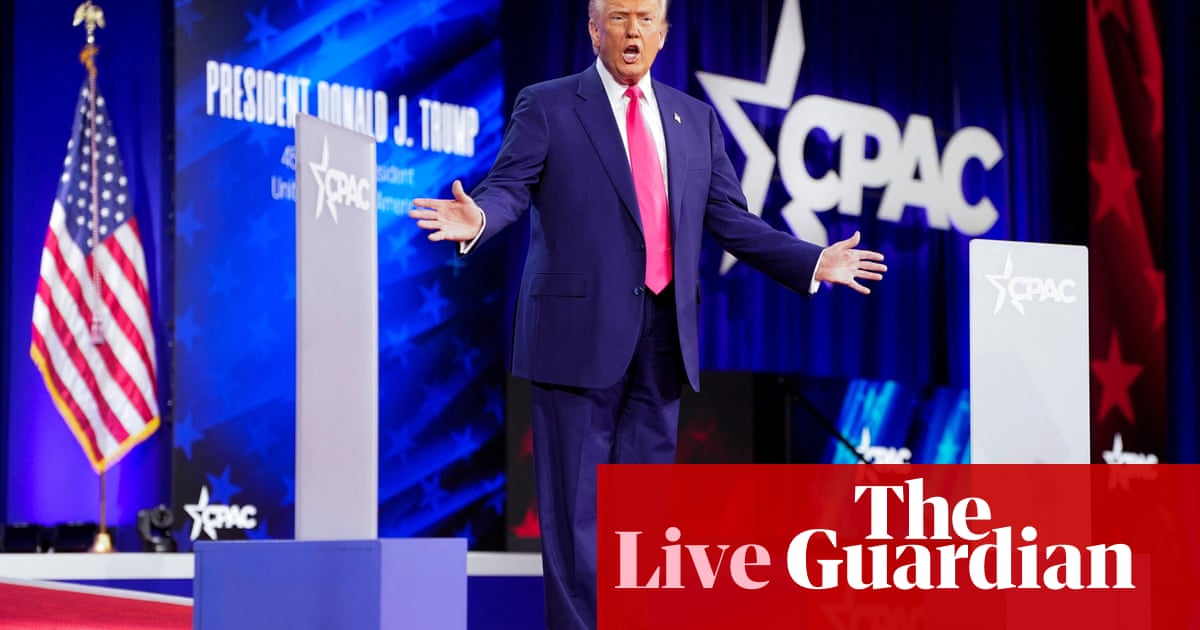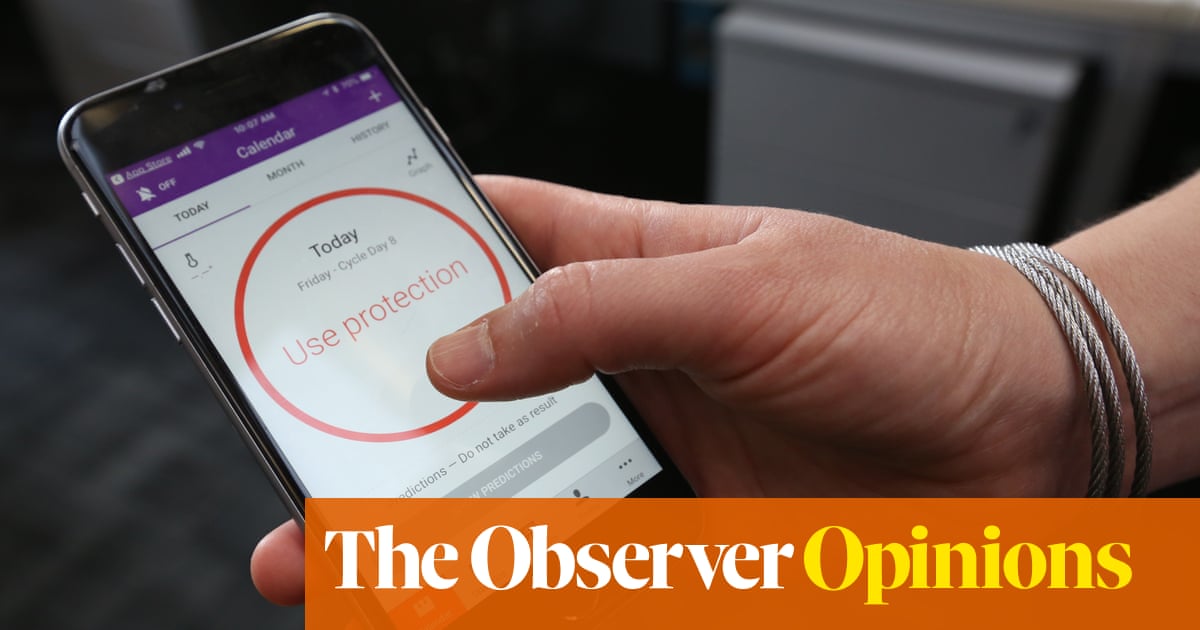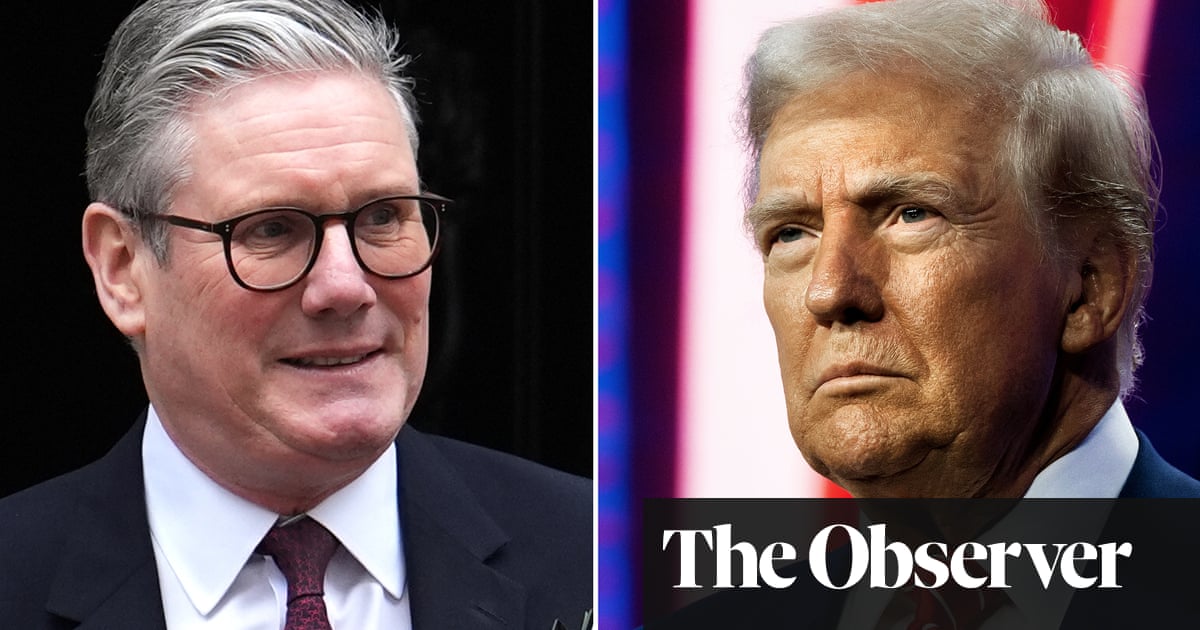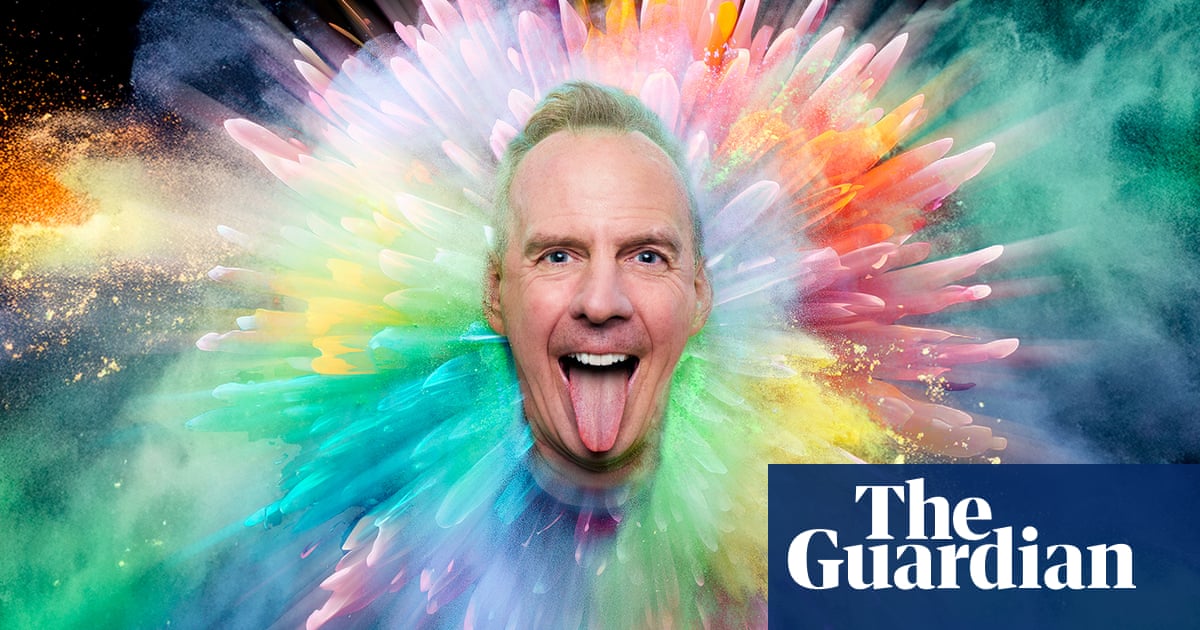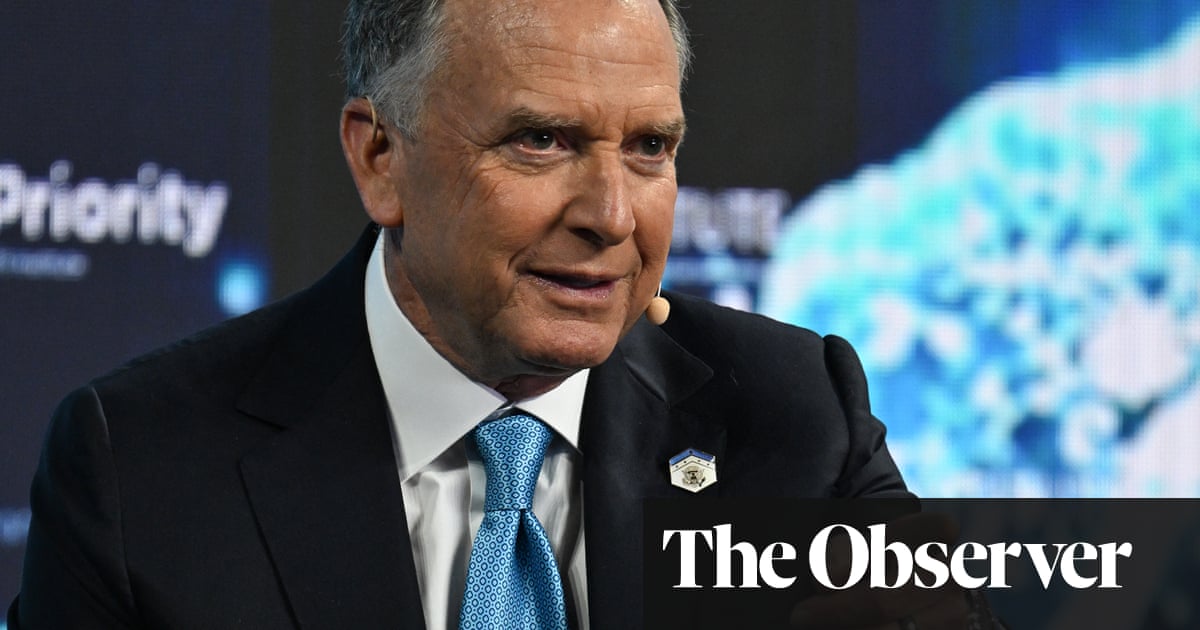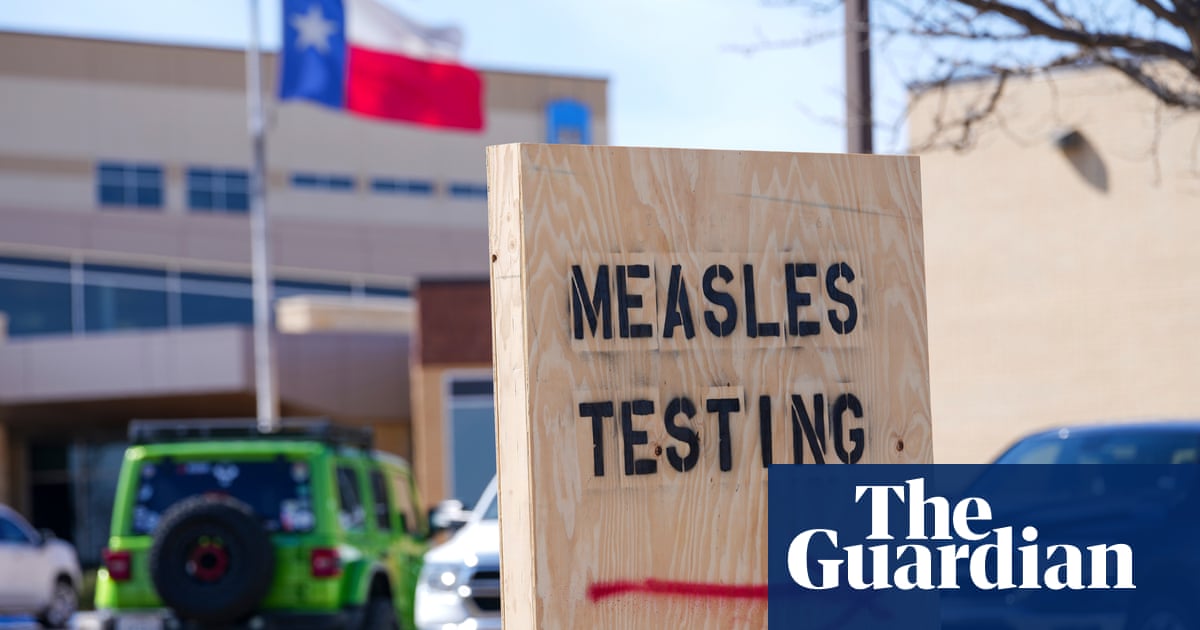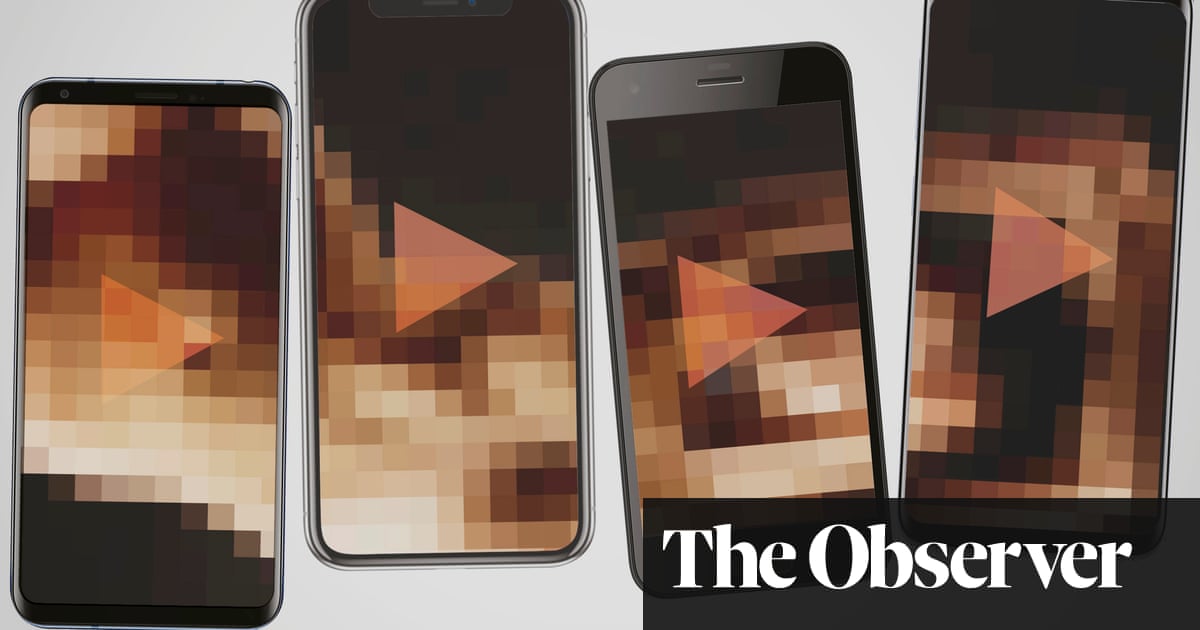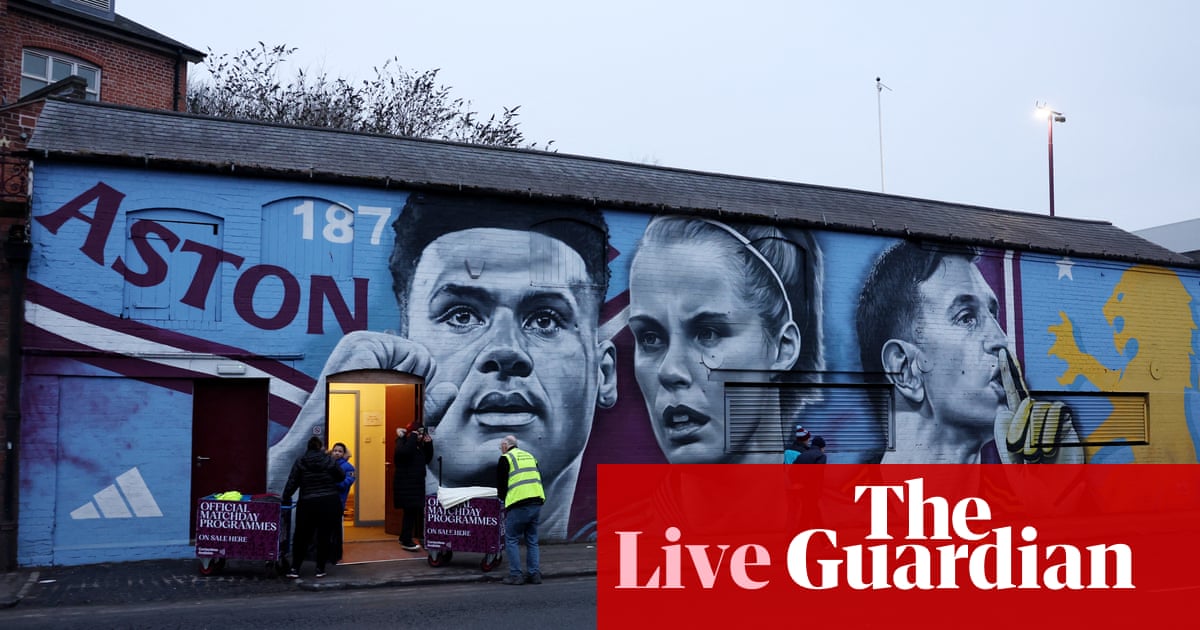The majority of people in the UK think the British Museum should have a permanent exhibition dedicated to the transatlantic slave trade, according to research.
New polling data by YouGov found that 53% of respondents think a permanent display about Britain’s role in the trade of enslaved African people would be appropriate, while two-thirds believe the British Museum has a role in educating the public about the UK’s history in the slave trade.
When asked whether they agreed with the statement: “As a society, public education about the reality of the British empire is important in order for us to understand Britain’s multicultural society today”, 72% of respondents said they did.
The online polling was co-commissioned by the Good Law Project and the World Reimagined, an art education programme best known for its globe sculptures created by artists including Yinka Shonibare that appeared in several UK cities and addressed legacies of slavery.
They believe that the ongoing renovation of the museum’s sites, which has been billed as “a complete holistic transformation, top to bottom, inside out, buildings, collection, visual identity” by its new director Nicholas Cullinan, should include a permanent exhibit focusing on Britain’s role in the transatlantic slave trade.
The World Reimagined co-founder Michelle Gayle, who has previously backed calls for more black history to be taught in schools, said a permanent exhibition would be a chance for the UK to truly look its past in the eye.
She said: “the British Museum’s ambitious redevelopment is a chance to present history accurately and inclusively. George Osborne calls it the most significant transformation in the museum’s history – will it still downplay such a vital part of our shared history?
“The YouGov poll shows the British public hopes not. Let’s seize this moment to showcase how Britain truly was, how it is, and how it aspires to be – a nation unafraid to confront its history and honour the contributions of all.”
Cullinan recently said in an interview with the Financial Times that he believes there needs to be a focus on “coexistence and cultural exchange” amid the institution’s reported £1bn “masterplan” overhaul.
The British Museum has recently engaged with its own collection’s connections with colonialism and the slave trade.
A temporary exhibition by the British-Guyanese artist Hew Locke placed his own works alongside those plundered by Britain when it was a colonial power, and was described as “inescapably, deeply shocking” by the Guardian.
In 2020, the British Museum moved a bust of Hans Sloane, the naturalist whose artefacts helped form the British Museum’s original collection, into a new case where it could explain his links to slavery.
after newsletter promotion
Sloane’s wealth came from the profits of his wife’s Jamaican plantations, and he invested in the South Sea Company, which traded with enslaved Africans.
A British Museum spokesperson said it was “open and transparent” about the origins of the collection and “actively encourages debate on issues related to it”.
They said: “Our current exhibition created by the contemporary artist Hew Locke looks fully and critically at the issue of the transatlantic slave trade, and the Enlightenment Gallery has a permanent dedicated display. We also have a Collecting and Empire trail, which explores how the collection was shaped by this period of history.
“We recognise our role in educating visitors on all aspects of human history and evolving displays, so we are providing our visitors with the best possible experience.”

 3 months ago
76
3 months ago
76
